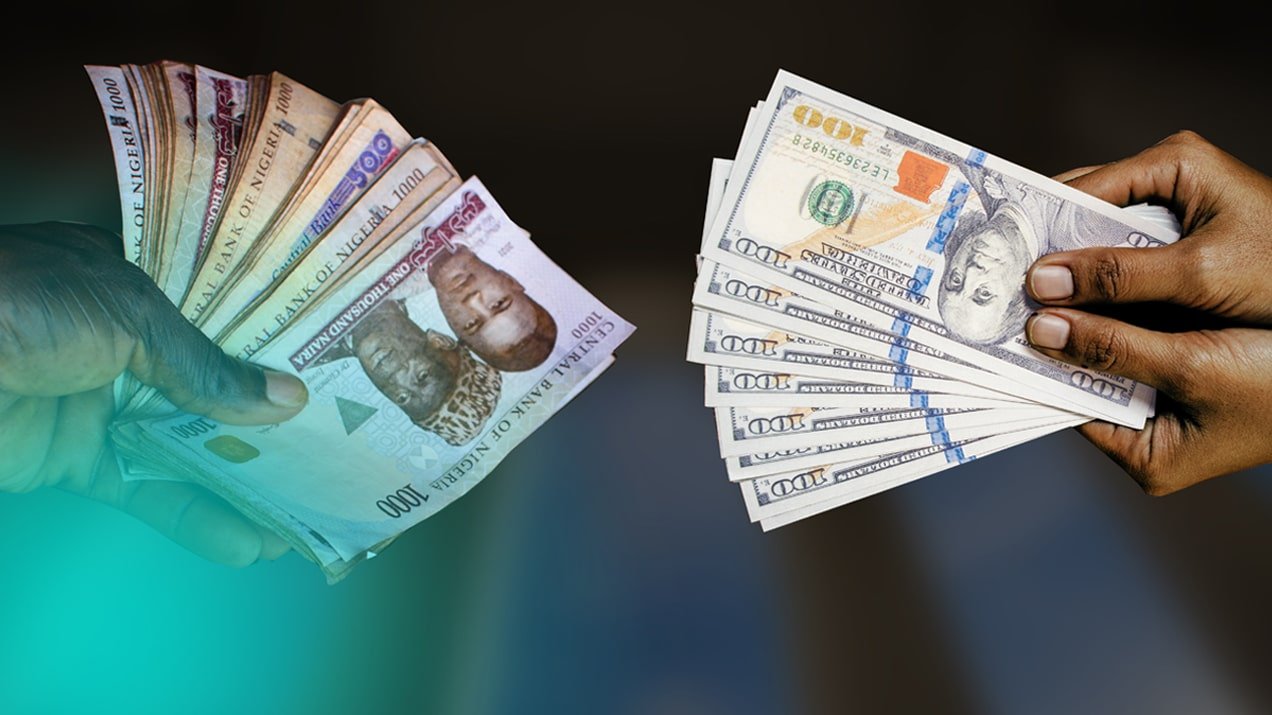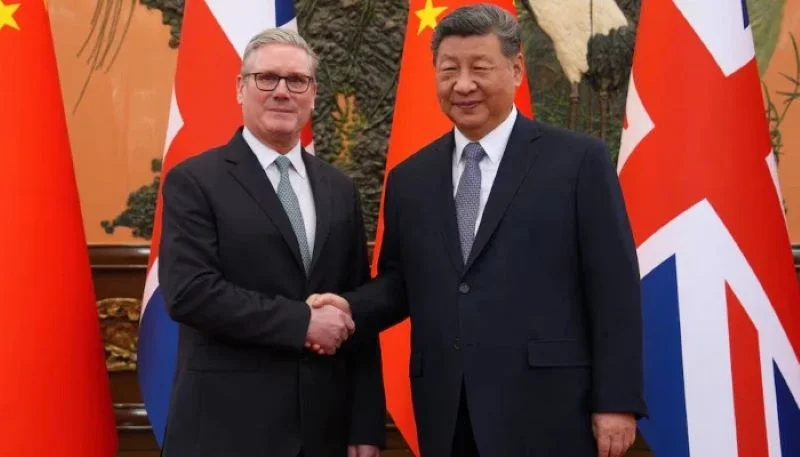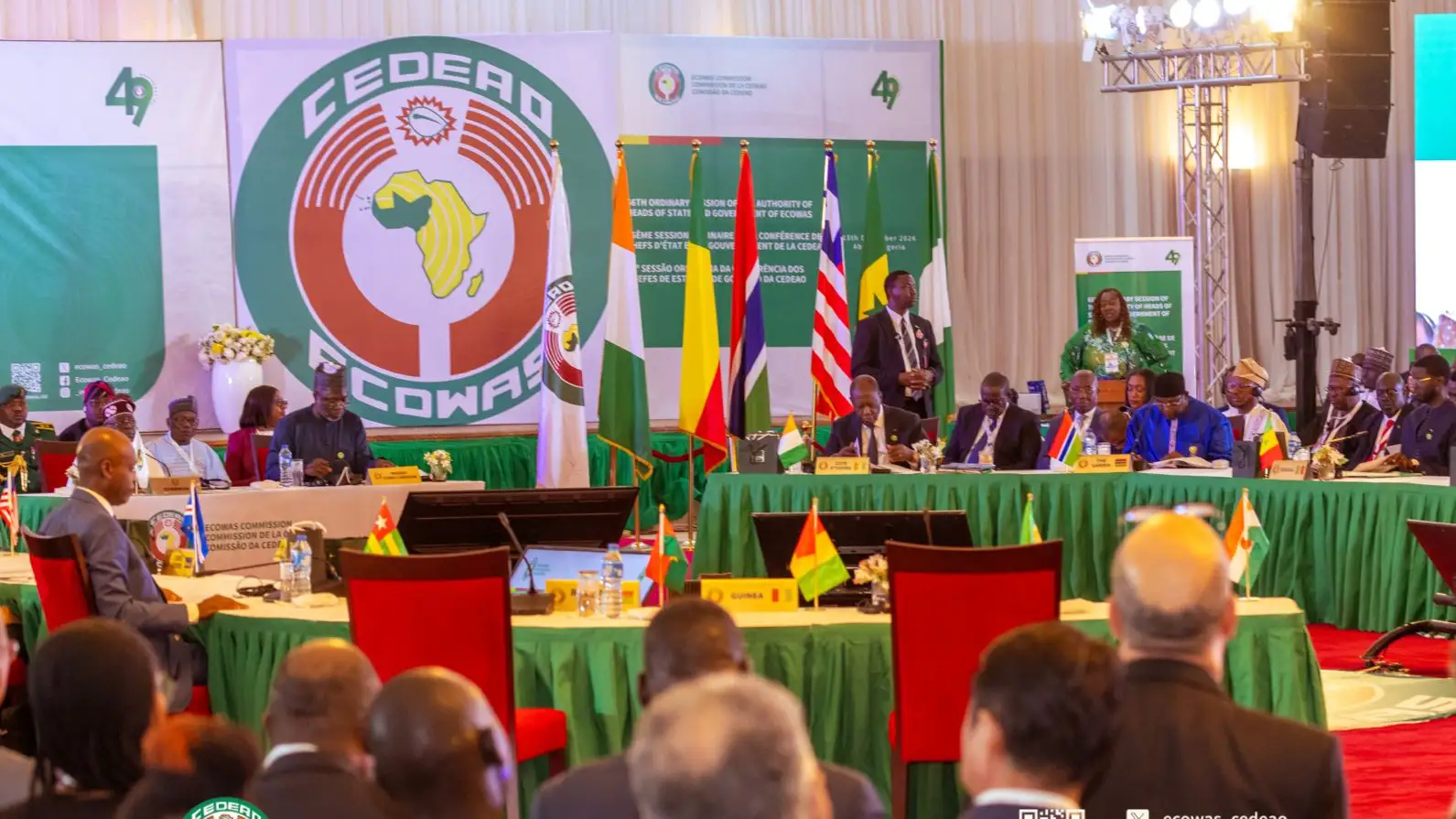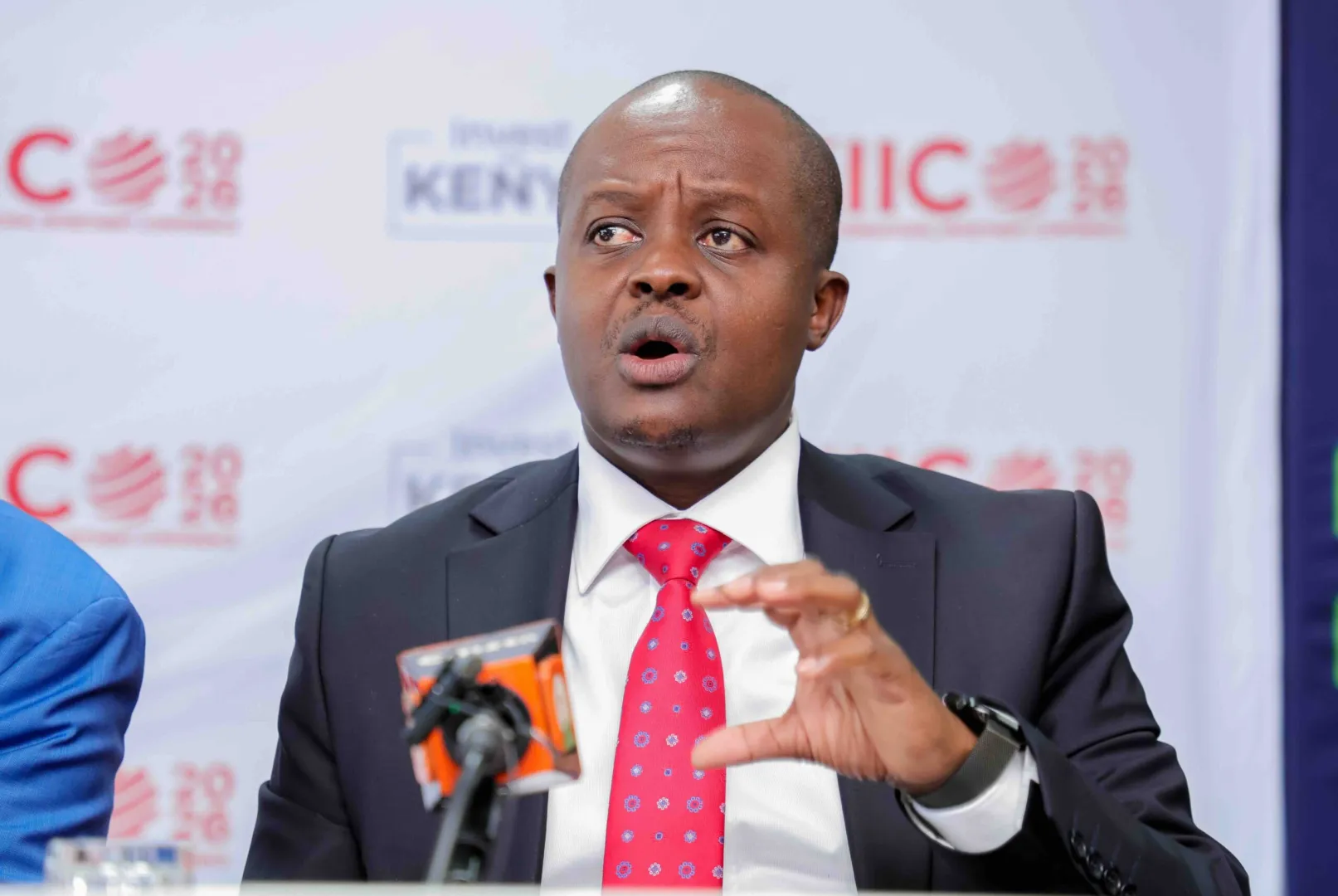In a strategic move aimed at revitalizing the economy and addressing long-standing dollar shortages, Nigeria’s Finance Minister, Olawale Edun, announced a new programme designed to encourage Nigerians to repatriate assets and invest them within the country. The voluntary disclosure scheme, which will be in effect for nine months, aims to draw foreign currency assets into the formal financial system without subjecting the owners to taxation on interest earnings.
The Economic Context: Persistent Dollar Shortages
For years, Nigeria’s economy has grappled with significant dollar shortages that have hampered its growth and stability. These shortages have disrupted critical imports and impacted local businesses that rely on foreign supplies. The situation has been exacerbated by declining foreign exchange reserves and weakened export revenues, primarily due to fluctuating oil prices. The persistent shortage of dollars has also created pressure on the naira, leading to sharp devaluations and increased inflation.
Experts suggest that these dollar shortages have been a key factor constraining the broader economy. This situation has had ripple effects, making it difficult for businesses to plan and execute international transactions, ultimately reducing investor confidence. The new disclosure scheme is part of President Bola Tinubu’s broader reform agenda aimed at stabilizing the naira and ensuring more robust economic growth.
Details of the New Disclosure Scheme
The voluntary disclosure programme offers tax breaks for individuals who declare their “legitimate” foreign currency assets and integrate them into Nigeria’s formal financial system. Under the scheme, individuals who choose to participate will not face taxes on the interest earned from these assets. This incentive is designed to lure Nigerians holding significant foreign currency reserves abroad or in informal settings, such as safety deposit boxes, to bring their wealth back into the country’s economy.
Finance Minister Edun emphasized that the scheme is both secure and confidential, reassuring potential participants that their declared assets will be protected. “The disclosure scheme is a bold initiative aimed at integrating foreign currency outside the formal financial system into the formal economy,” said Edun. “The scheme offers a secure, confidential channel for people to reintegrate their legitimate foreign currency funds, promoting stability and growth for our nation.”
Reforms and Economic Strategy Under President Tinubu
Since assuming office in 2023, President Bola Tinubu has undertaken a series of sweeping reforms aimed at jumpstarting the economy. One of his primary objectives has been to lift Nigeria’s annual economic growth rate from the current 3% to the ambitious 6% target. To achieve this, Tinubu has enacted policies that have attracted both praise and criticism from various stakeholders.
One of the most notable reforms was the removal of fuel subsidies, a measure that had cost the government billions of dollars annually and contributed to budget deficits. This move, while necessary for fiscal stability, led to an initial spike in fuel prices and inflation, prompting mixed reactions among the public. Additionally, Tinubu’s administration also significantly reduced electricity subsidies, further increasing the cost of living but paving the way for a more sustainable economic structure.
The government has also taken bold steps to stabilize the naira, including two major currency devaluations within the past year. These measures have been essential for aligning the official exchange rate with the parallel market rate, thereby improving transparency and market confidence.
Potential Impact on Dollar Inflows and Tax Revenue
While the disclosure scheme is designed primarily to increase dollar inflows, the government also hopes that it will contribute to curbing illicit financial flows and broadening the tax base. Previous similar initiatives, such as the Voluntary Assets and Income Declaration Scheme (VAIDS) launched in 2017, met with limited success in encouraging asset declarations. However, officials are optimistic that the current economic context and added incentives will drive better results this time around.
According to Dr. Peter Olayemi, an economist at the University of Lagos, “The success of this programme will largely depend on the level of trust the government can build with potential participants. Transparency and consistent communication will be key to persuading people to declare their foreign-held assets.”
If successful, the disclosure scheme could help bolster Nigeria’s foreign reserves, reduce pressure on the naira, and stimulate increased investment within the country. The scheme could also increase tax revenues indirectly by bringing more assets into the formal economy.
Broader Efforts to Tackle Economic Challenges
The disclosure programme comes as Nigeria grapples with several economic challenges, including high inflation, youth unemployment, and a heavy debt burden. The country’s public debt has ballooned in recent years, driven by borrowing to fund budget deficits. According to the Debt Management Office (DMO), Nigeria’s public debt stood at approximately $110 billion as of mid-2024. Servicing this debt has strained the national budget, limiting the government’s ability to invest in critical infrastructure and social programmes.
To address these economic hurdles, the government has also been focusing on diversifying its revenue base beyond oil, which has traditionally been the backbone of Nigeria’s economy. The oil sector, which accounts for more than 90% of the country’s foreign exchange earnings, has been subject to price volatility and production disruptions. By promoting non-oil exports and creating an enabling environment for foreign and domestic investment, the government aims to build a more resilient economy.
Boosting Investor Confidence
Investors have shown cautious optimism regarding the current economic trajectory under President Tinubu’s leadership. The removal of fuel subsidies and currency devaluation measures have been seen as signs that the administration is willing to make difficult decisions for long-term gain. International organizations such as the World Bank and the International Monetary Fund (IMF) have also welcomed these reforms, noting that they align with broader economic stabilization goals.
However, attracting foreign direct investment (FDI) remains a challenge. To improve the investment climate, the government has been working on reforms that address regulatory bottlenecks and ease the process of doing business. Initiatives such as streamlining business registration processes, improving power supply, and strengthening the rule of law are seen as essential steps for boosting investor confidence.
Challenges and Public Perception
Despite these reform efforts, public sentiment remains mixed, primarily due to the immediate impact of subsidy removals and currency devaluation on the cost of living. Inflation, which was already elevated before these policies, has surged further, reaching nearly 25% in October 2024. This has put additional pressure on households and businesses, with many Nigerians expressing concerns over their purchasing power and overall economic stability.
The government has promised targeted support for vulnerable populations to cushion the effects of these reforms, but the implementation of such measures has faced logistical challenges. Social welfare programmes aimed at providing temporary relief to the poorest households have been slow to roll out, contributing to growing discontent among certain segments of the population.
Looking Forward: A Path to Sustainable Growth?
The next few months will be critical for assessing the impact of the voluntary disclosure scheme and other economic reforms implemented by President Tinubu’s administration. If the scheme succeeds in attracting significant foreign currency inflows and stabilizing the naira, it could mark a turning point for Nigeria’s economy, setting the stage for more robust growth and improved investor sentiment.
In conclusion, Nigeria’s voluntary disclosure scheme is a high-stakes initiative with the potential to reshape the country’s economic landscape. By incentivizing the repatriation of foreign currency assets, the government hopes to strengthen the financial system, reduce reliance on external borrowing, and pave the way for sustainable economic growth. The success of this programme, however, will hinge on public trust, effective implementation, and broader economic reforms that address the structural issues plaguing Nigeria’s economy.
Ready to take your career to the next level? Join our dynamic courses: ACCA, HESI A2, and ATI TEAS 7! 🌟 Dive into a world of opportunities and empower yourself for success. Explore more at Serrari Ed and start your exciting journey today! ✨
Photo source: Google
By: Montel Kamau
Serrari Financial Analyst
4th November, 2024
Article, Financial and News Disclaimer
The Value of a Financial Advisor
While this article offers valuable insights, it is essential to recognize that personal finance can be highly complex and unique to each individual. A financial advisor provides professional expertise and personalized guidance to help you make well-informed decisions tailored to your specific circumstances and goals.
Beyond offering knowledge, a financial advisor serves as a trusted partner to help you stay disciplined, avoid common pitfalls, and remain focused on your long-term objectives. Their perspective and experience can complement your own efforts, enhancing your financial well-being and ensuring a more confident approach to managing your finances.
Disclaimer: This article is for informational purposes only and does not constitute financial advice. Readers are encouraged to consult a licensed financial advisor to obtain guidance specific to their financial situation.
Article and News Disclaimer
The information provided on www.serrarigroup.com is for general informational purposes only. While we strive to keep the information up to date and accurate, we make no representations or warranties of any kind, express or implied, about the completeness, accuracy, reliability, suitability, or availability with respect to the website or the information, products, services, or related graphics contained on the website for any purpose. Any reliance you place on such information is therefore strictly at your own risk.
www.serrarigroup.com is not responsible for any errors or omissions, or for the results obtained from the use of this information. All information on the website is provided on an as-is basis, with no guarantee of completeness, accuracy, timeliness, or of the results obtained from the use of this information, and without warranty of any kind, express or implied, including but not limited to warranties of performance, merchantability, and fitness for a particular purpose.
In no event will www.serrarigroup.com be liable to you or anyone else for any decision made or action taken in reliance on the information provided on the website or for any consequential, special, or similar damages, even if advised of the possibility of such damages.
The articles, news, and information presented on www.serrarigroup.com reflect the opinions of the respective authors and contributors and do not necessarily represent the views of the website or its management. Any views or opinions expressed are solely those of the individual authors and do not represent the website's views or opinions as a whole.
The content on www.serrarigroup.com may include links to external websites, which are provided for convenience and informational purposes only. We have no control over the nature, content, and availability of those sites. The inclusion of any links does not necessarily imply a recommendation or endorsement of the views expressed within them.
Every effort is made to keep the website up and running smoothly. However, www.serrarigroup.com takes no responsibility for, and will not be liable for, the website being temporarily unavailable due to technical issues beyond our control.
Please note that laws, regulations, and information can change rapidly, and we advise you to conduct further research and seek professional advice when necessary.
By using www.serrarigroup.com, you agree to this disclaimer and its terms. If you do not agree with this disclaimer, please do not use the website.
www.serrarigroup.com, reserves the right to update, modify, or remove any part of this disclaimer without prior notice. It is your responsibility to review this disclaimer periodically for changes.
Serrari Group 2025
















